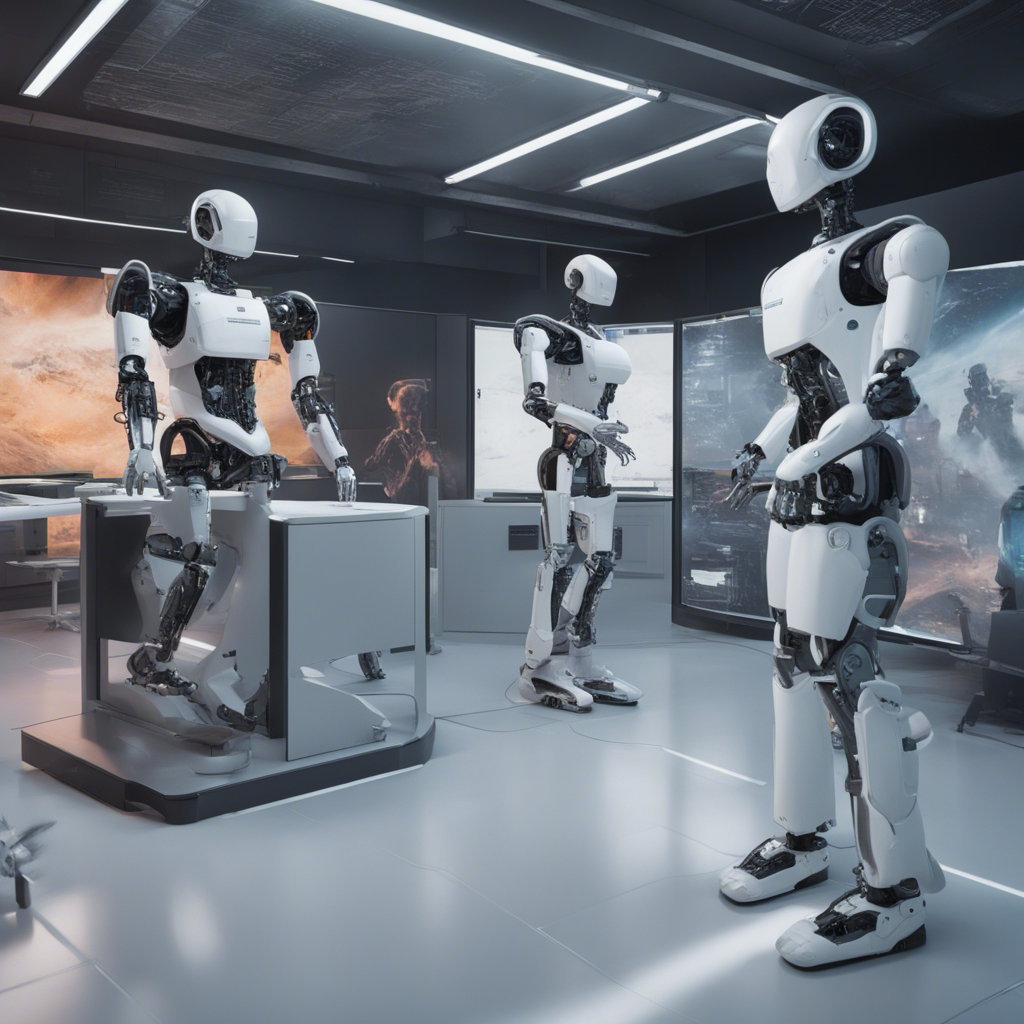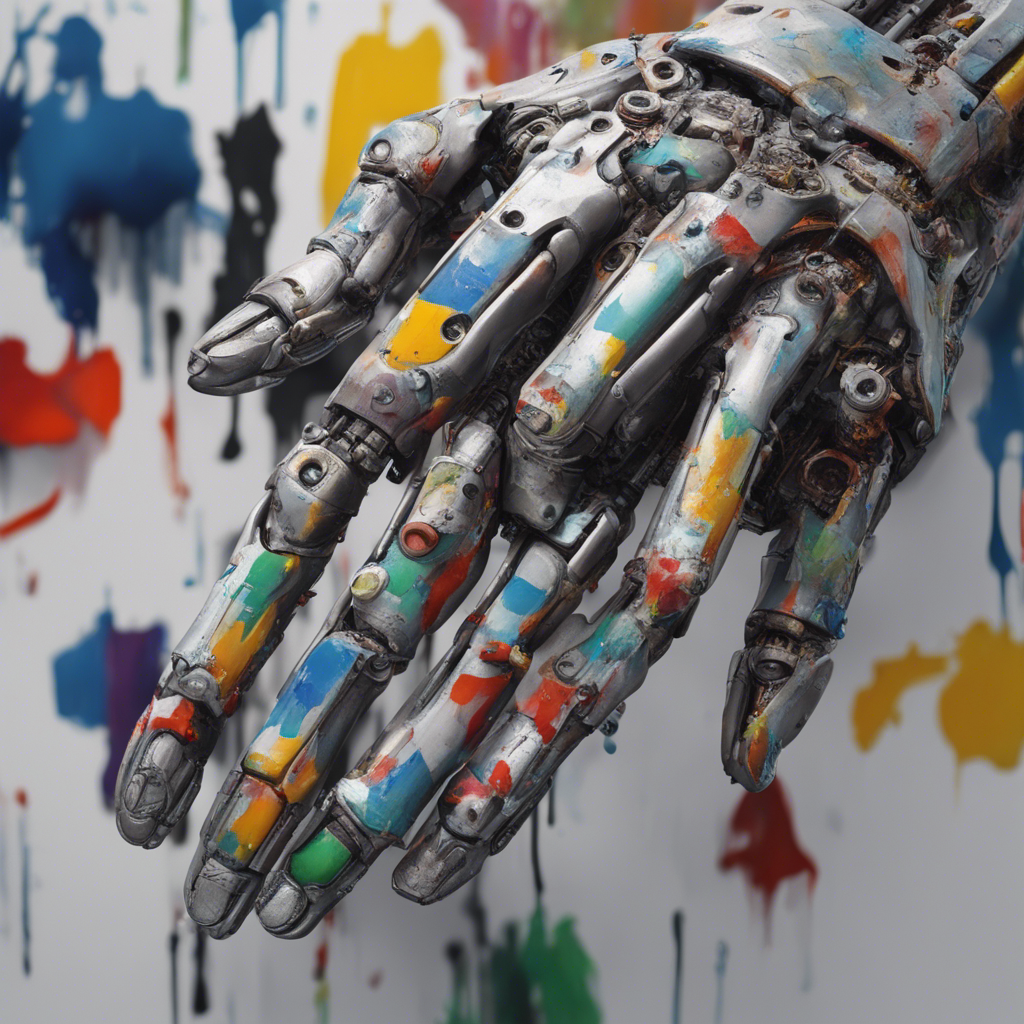
With the ever-growing advancements in artificial intelligence (AI), industries across the world are experiencing transformative changes. One area where AI is making a significant impact is in customer service. Traditional customer service methods are being revolutionized, and businesses are increasingly turning to AI-powered solutions to enhance customer experiences. In this blog post, we will explore the various ways AI is transforming customer service and the benefits it brings to both businesses and consumers.
Improved Customer Interactions
AI has greatly improved customer interactions by enabling intelligent virtual agents or chatbots to handle customer queries. These chatbots utilize natural language processing (NLP) algorithms to understand and respond to customer inquiries effectively. They can quickly provide information, answer frequently asked questions, and assist with simple tasks, reducing the need for human intervention in routine customer interactions. By freeing up customer service representatives to focus on more complex issues, businesses can provide faster response times and better serve their customers.
Personalized Customer Experiences
One of the key advantages of AI in customer service is its ability to deliver personalized experiences. By analyzing vast amounts of customer data, AI algorithms can learn individual preferences, behavior patterns, and purchase history. This valuable insight enables businesses to tailor their interactions and recommendations to each customer’s specific needs and preferences. For example, AI-powered systems can offer personalized product recommendations, suggest relevant content, or provide customized offers, enhancing the overall customer experience and boosting customer satisfaction.
Enhanced Support and Issue Resolution
AI-powered customer service systems are capable of continuously learning and improving their problem-solving capabilities. By analyzing previous customer interactions, these systems can identify patterns, detect common issues, and recommend appropriate solutions. This enables businesses to provide more accurate and efficient support, thereby reducing customer frustration and the need for multiple contacts. Additionally, AI-powered systems can assist customer service representatives by suggesting possible solutions, allowing them to resolve issues more effectively. As a result, businesses can significantly improve their overall support quality and enhance customer loyalty.
24/7 Availability
Unlike human representatives who have fixed working hours, AI-powered solutions provide round-the-clock customer support. With the help of chatbots and virtual assistants, businesses can offer instant assistance and resolve customer issues at any time of the day. This 24/7 availability ensures that customers can receive support and find answers to their questions, regardless of time zone differences or working hours. Providing this continuous support leads to increased customer satisfaction and helps businesses maintain a competitive edge in the market.
Streamlined Workflow and Cost Efficiency
Implementing AI in customer service can streamline internal workflows and reduce operational costs for businesses. By automating routine tasks and allowing chatbots to handle simpler inquiries, companies can optimize their workforce and allocate resources more effectively. This not only reduces the workload on customer service representatives but also lowers the need for additional staffing during peak periods. Moreover, AI-powered systems can handle multiple inquiries simultaneously, ensuring efficient use of resources and further reducing costs associated with customer service.
The Human Touch and AI Collaboration
While AI offers many benefits to customer service, it is important to strike the right balance between automation and human touch. Customers often appreciate the empathy and understanding that human representatives bring to the interaction. Therefore, a successful implementation of AI in customer service involves a collaboration between AI systems and human agents. AI can handle initial queries, gather important information, and provide standard responses, while more complex and sensitive issues can be escalated to human representatives. This combination of AI and human expertise not only maintains the personalized aspect of customer service but also improves its overall efficiency.
In conclusion, AI is revolutionizing customer service by improving interactions, providing personalized experiences, enhancing support and issue resolution, offering 24/7 availability, optimizing workflows, and reducing costs. This transformative technology is reshaping the way businesses engage with their customers, leading to improved customer satisfaction and loyalty. However, it is crucial to find the right balance between AI automation and the human touch to ensure that customer service remains personal and effective.
References:
- Choudhury, T., Papazoglou-Chalikias, E., & Ren, Y. (2021). Artificial Intelligence in Customer Relationship Management. In Managing Technological Innovation and Entrepreneurship (pp. 35-65). Springer.
- Kuan, K. K., & Wang, X. (2019). Impacts of artificial intelligence on customer service: A research agenda. Journal of Service Management, 30(4), 484-507.
- Nguyen, D., Srikantha, D., Nguyen, A. N., & Nguyen, N. B. (2021). How artificial intelligence applications transform customer service: An institutional theory perspective. Journal of Global Information Technology Management, 24(3), 185-209.
- Sharma, S. K., Kim, D. J., & Roy, S. K. (2020). Understanding the antecedents and consequences of artificial intelligence-powered customer service chatbots. Technological Forecasting and Social Change, 157, 120089.
- Tiwari, S., & Maurya, U. K. (2021). The Role of Artificial Intelligence in Customer Relationship Interaction Management. In Smart Technologies and Innovations in Design for Control of Motion (pp. 1-11). Springer.
- Wang, S., Ji, S., & Zhang, D. (2021). The impact of artificial intelligence on customer service and customer experience: Evidence from China. Computers in Human Behavior, 114, 106567.
- Xie, K. L., Zhang, T., Huang, L., & Huang, C. D. (2020). China’s high-speed rail customer satisfaction evaluation based on artificial intelligence. IEEE Access, 8, 180702-180712.






